Americans Find Room in School for Halloween
Halloween may not be an important holiday to most Americans, but they still think kids should be able to celebrate it in the schools.

Halloween may not be an important holiday to most Americans, but they still think kids should be able to celebrate it in the schools.

Daylight Saving Time ends this Sunday, and most Americans will remember to change their clocks. But not all will change them the right way.

Free college! That's what the Democratic candidates were offering in their presidential debate. And it's likely that, if the subject had come up, they would have offered something like free home mortgages as well, to judge from Hillary Clinton's statement that she had urged Wall Street to stop mortgage foreclosures. Sounds a lot like free houses!
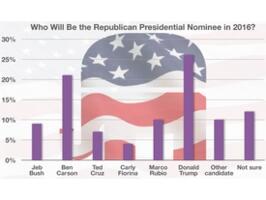
Did Wednesday night’s debate make a difference in the Republican presidential race?

MSNBC's Melissa Harris-Perry is the cable TV pioneer who broke the tastelessness barrier for feminists by wearing tampons as earrings on air in 2013. This week, she made ignominious history again -- as the race-baiting fool in an ivory tower bubble who believes the words "hard worker" are a slur against black slaves and moms who don't have health care.

Most Republicans still believe Donald Trump is the man to beat for their party’s presidential nomination in 2016.
The latest Rasmussen Reports Trump Change national telephone survey finds that 56% of Likely Republican Voters think Trump is likely to be the GOP nominee, with 30% who say it is Very Likely. Thirty-four percent (34%) disagree, including 10% who feel a Trump nomination is Not At All Likely. (To see survey question wording, click here.)

Voters still think policies that are pro-free market are important for the economy, but are they more important than those that reduce the income gap between rich and poor?
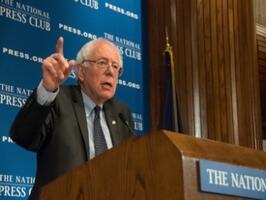
The man currently running a distant second for the Democratic presidential nomination, Vermont Senator Bernie Sanders, is a self-declared socialist, and most of his party’s voters now have a positive view of socialism. They are almost evenly divided as to whether they like capitalism or socialism more.

The third Republican presidential debate, held in Colorado on Wednesday night, was an odd, disjointed affair. The moderators arguably engaged in too much confrontation with the candidates and had a hard time divvying up the speaking time. With 10 candidates on the stage, the problems of the first two debates — too many candidates, too little time — became more apparent than ever.
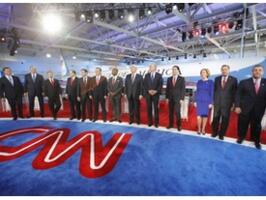
The latest Republican presidential debate was a textbook example of the media bias voters have complained about in surveys for years.

Hard work used to be synonymous with some degree of success, but most voters think the economy now frowns on those who work hard in this country.

To hear the GOP establishment squeal with such glee, you would think there was a fire sale going on down at Brooks Brothers. Or maybe Congress just passed a law making country club dues tax-deductible. Or somebody invented a glow-in-the-dark golf ball.
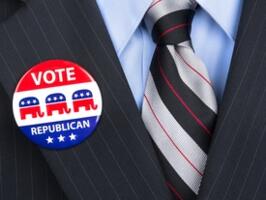
Going into their party’s third presidential debate this evening, Republicans aren’t overly enthusiastic about the candidates hoping to be the GOP standard-bearer next year.

This Halloween, what do you fear?
I fear fear itself because when we are afraid, we willingly give away our freedoms.

When it comes to immigration policy, Hillary Clinton's had more career costume changes than her new BFF Katy Perry.
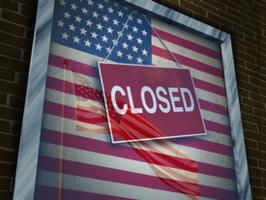
It’s Halloween, and it’s government shutdown time again. The media, President Obama and most members of Congress are trying to scare us all again with the threat of closing down the federal government unless the national debt limit is raised.

Many people may share Senator Bernie Sanders' complaint that he was tired of hearing about Hillary Clinton's e-mails. But the controversy is about issues far bigger than e-mails.

Hillary Clinton and Donald Trump continue to be the national leaders in the Democratic and Republican presidential contests, but do most voters trust them?

Nothing new there. Nothing to see here. Time to move on for good.

Most voters continue to believe the government should regulate campaign contributions, but they also still feel that publishing the names of all contributors is more important than limiting what they give.